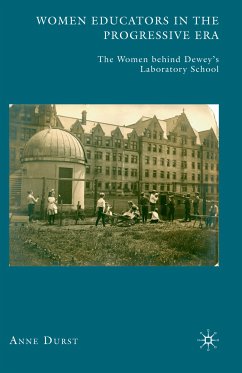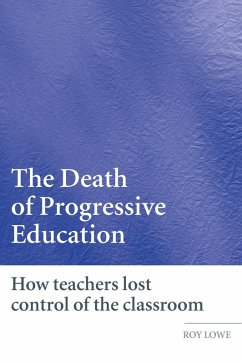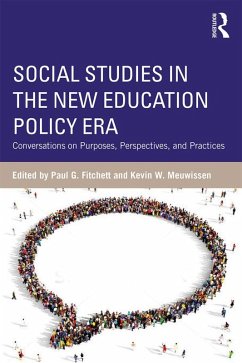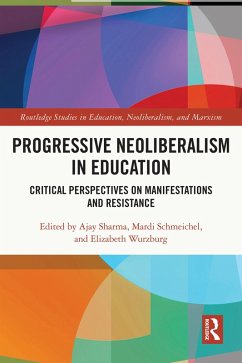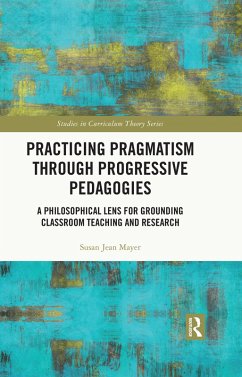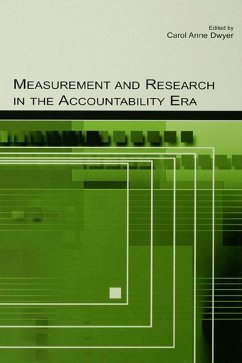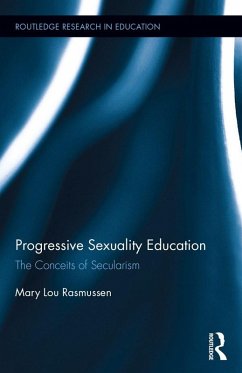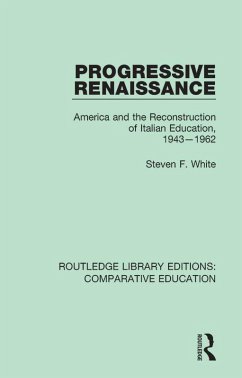
Girl's Schooling During The Progressive Era (eBook, PDF)
From Female Scholar to Domesticated Citizen

PAYBACK Punkte
24 °P sammeln!
This work traces the impact of a differentiated curriculum on girls' education in St. Louis public schools from 1870 to 1930. Its central argument is that the premise upon which a differentiated curriculum is founded, that schooling ought to differ among students in order prepare each for his or her place in the social order, actually led to academic decline. The attention given to the intersection of gender, race, and social class and its combined effect on girls' schooling, places this text in the new wave of critical historical scholarship in the field of educational research.
Dieser Download kann aus rechtlichen Gründen nur mit Rechnungsadresse in A, B, BG, CY, CZ, D, DK, EW, E, FIN, F, GR, HR, H, IRL, I, LT, L, LR, M, NL, PL, P, R, S, SLO, SK ausgeliefert werden.




